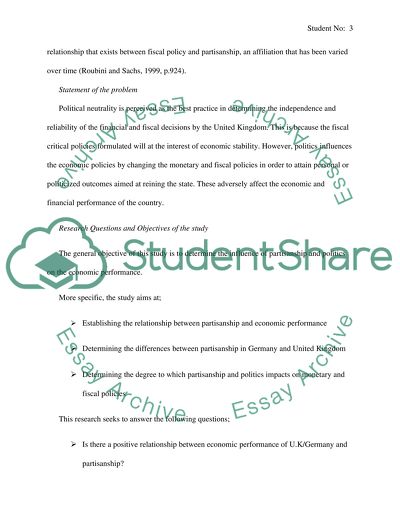Cite this document
(“Institutional Factors in Economic Policy Change: a Case of Germany and Research Paper”, n.d.)
Institutional Factors in Economic Policy Change: a Case of Germany and Research Paper. Retrieved from https://studentshare.org/macro-microeconomics/1463744-institutional-factors-in-economic-policy-change-a-case-of-germany-and-uk
Institutional Factors in Economic Policy Change: a Case of Germany and Research Paper. Retrieved from https://studentshare.org/macro-microeconomics/1463744-institutional-factors-in-economic-policy-change-a-case-of-germany-and-uk
(Institutional Factors in Economic Policy Change: A Case of Germany and Research Paper)
Institutional Factors in Economic Policy Change: A Case of Germany and Research Paper. https://studentshare.org/macro-microeconomics/1463744-institutional-factors-in-economic-policy-change-a-case-of-germany-and-uk.
Institutional Factors in Economic Policy Change: A Case of Germany and Research Paper. https://studentshare.org/macro-microeconomics/1463744-institutional-factors-in-economic-policy-change-a-case-of-germany-and-uk.
“Institutional Factors in Economic Policy Change: A Case of Germany and Research Paper”, n.d. https://studentshare.org/macro-microeconomics/1463744-institutional-factors-in-economic-policy-change-a-case-of-germany-and-uk.


